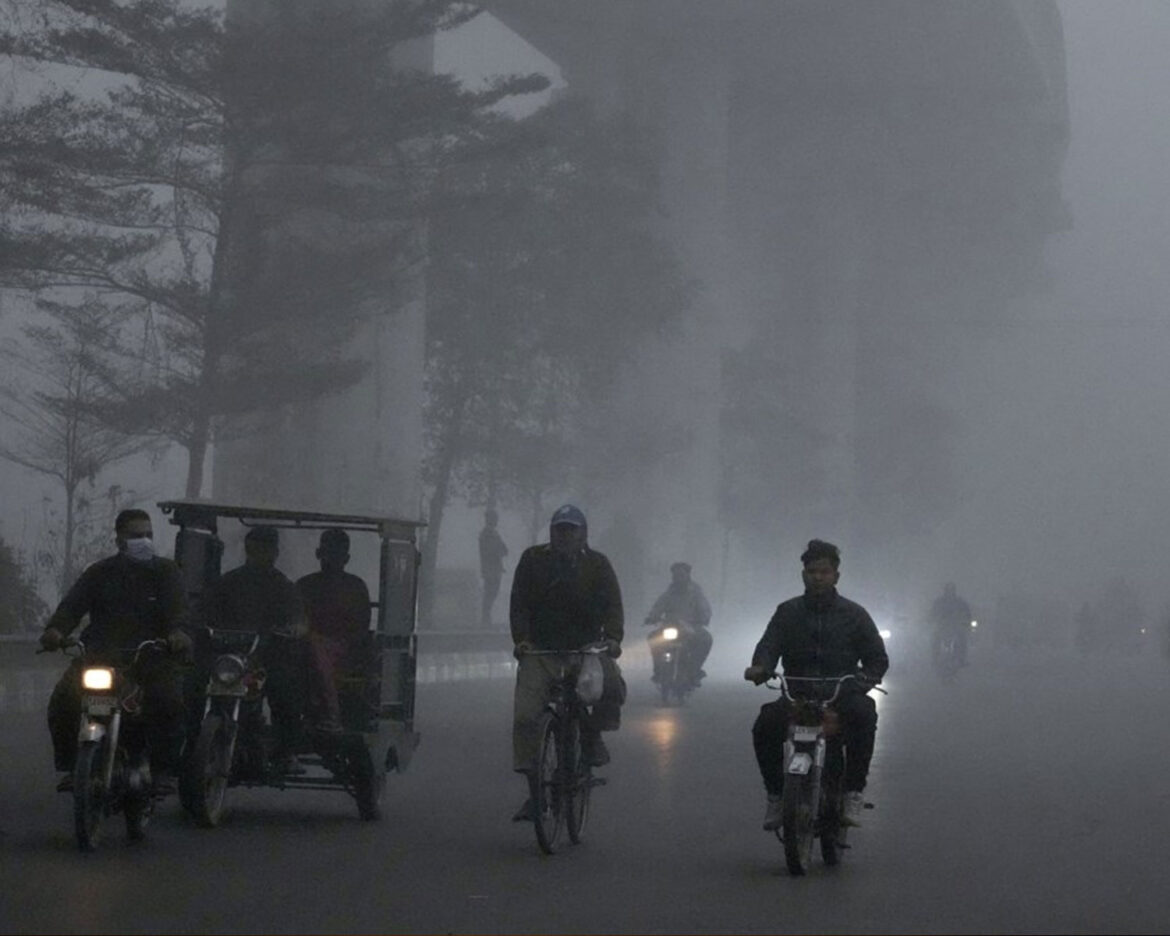Pakistan continues to battle a severe smog crisis, with cities like Lahore recording hazardous air quality levels. Experts have highlighted two critical measures the country must adopt to mitigate the problem effectively.
1. Transition to Cleaner Energy Sources
The heavy reliance on fossil fuels for energy and transportation is one of the major contributors to air pollution. Transitioning to cleaner energy sources such as solar, wind, and hydropower, along with promoting electric vehicles (EVs), is essential. Introducing stricter emission standards for industries and vehicles can also significantly reduce harmful pollutants in the air.
2. Enforce Crop Residue Management
The burning of crop stubble, especially in Punjab, is a leading cause of seasonal smog. Strengthening laws to ban stubble burning and providing farmers with affordable alternatives, such as machinery for mulching and composting, is crucial. Collaboration with neighboring countries to address cross-border pollution can also help.
Government’s Response
The Pakistani government has initiated several projects, including EV promotion and plantation drives, but experts stress the need for more aggressive policies. Immediate action is critical to protect public health and reduce the long-term environmental impact of smog.



